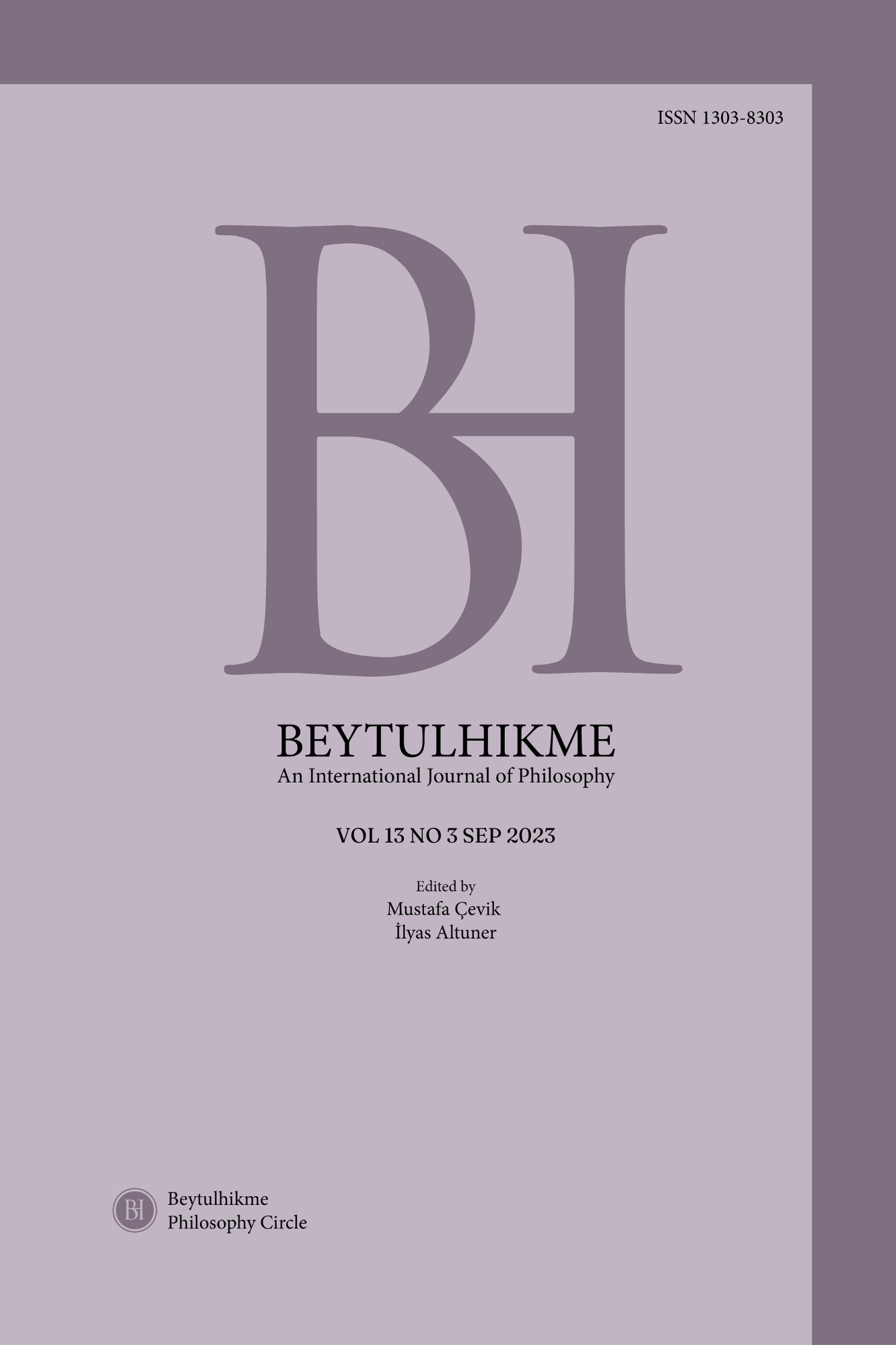Author :
Abstract
Bu çalışmanın temel amacı, Murray Bookchin’in “toplumsal ekoloji” anlayışını açıklamaktır. Bu amaç doğrultusunda okuyucuya öncelikle ekolojik sorunlar ve ekoloji hareketinin tarihsel gelişimi hakkında genel bir içgörü kazandırmak adına açıklamalar sunacağız. Daha sonra Bookchin’in, ekoloji hareketini oluşturan farklı yaklaşımlara, Marksizm’e ve anarşizme yönelik ortaya koyduğu eleştirilerini, diyalektik doğalcılık öğretisini, hiyerarşi ve sınıf olgusu hakkında gerçekleştirdiği çözümlemelerini ve komünalist ideolojisini inceleyeceğiz. Devamında toplumsal ekolojiye yöneltilmiş olan eleştirileri aktaracak ve çalışmamızın ikincil amacını gerçekleştirmeye geçeceğiz. Bu amaç, Bookchin’in hiyerarşi olgusu hakkındaki çözümlemelerinin teorik zemininin yetersizliğine dikkat çekmektir. Kanaatime göre Bookchin hiyerarşiyi tarihsel, antropolojik, ekonomik, sosyal, biyolojik, psikolojik ve politik bir kategori olarak ele almış ancak hiyerarşinin metafiziksel temelleri hakkında bir açıklama sunamamıştır. Bu durum Bookchin’in hiyerarşi ve devlet karşıtlığının dolayısıyla komünalist ideolojisinin açıklamaya muhtaç sorularla yüz yüze olduğu anlamına gelmektedir. Söz konusu sorular cevaplanmadığı takdirde toplumsal ekoloji anlayışını savunmanın sürdürülemez olduğunu iddia edeceğim.
Keywords
Abstract
This study aims to explain Murray Bookchin's understanding of “social ecology”. Following the aim of this study, we will first offer the reader some explanations to give a general insight into ecological problems and the historical development of the ecology movement. Next, we will examine the criticisms made by Bookchin to different approaches which constitute the ecology movement, to Marxism and anarchism and the analyses of his dialectical naturalism doctrine, hierarchy and capitalism, and communalist ideology. After these examinations, we will convey the criticisms directed to social ecology and try to realize the secondary aim of our study. The mentioned secondary aim is to draw attention to the inadequacy of the theoretical basis of Bookchin's analysis of hierarchy. I will argue that Bookchin treated hierarchy as a historical, anthropological, economic, social, biological, psychological, and political category, but failed to explain the metaphysical foundations of hierarchy. This means that Bookchin's anti-hierarchy and anti-state position, i.e., his communalist ideology result in questions that need to be answered. I will claim that unless these questions are answered, it would be unmaintainable to fully defend the understanding of social ecology.





